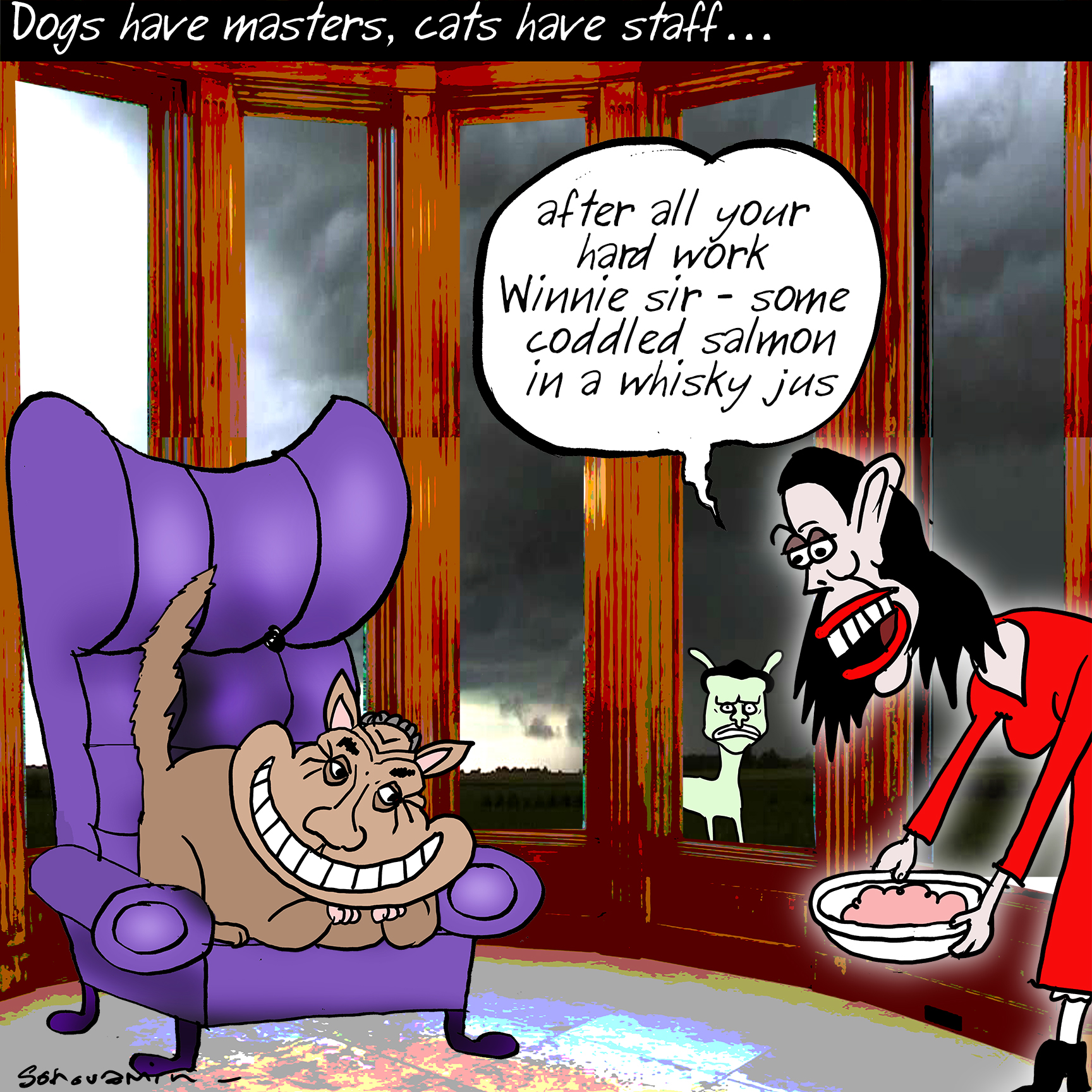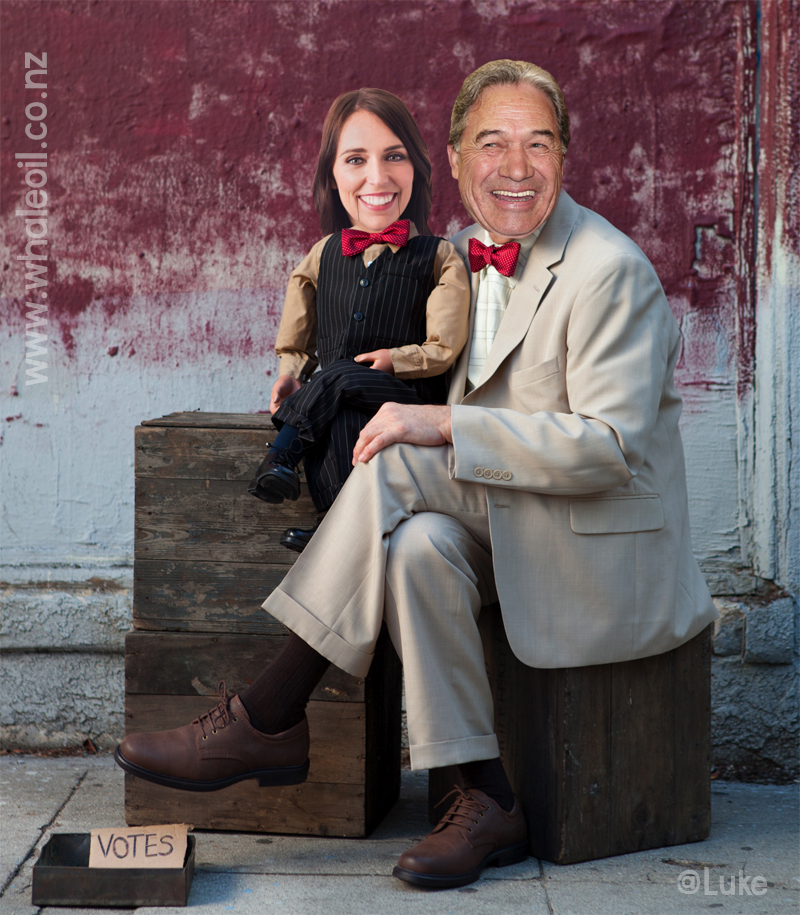Table of Contents

Suraj Kandath Girijashanker migrated to New Zealand with his family when he was ten. He is now a specialist in international refugee law and has previously worked as a Legal and Research Advisor with the Immigration and Protection Tribunal in New Zealand. He has also held roles with UNHCR in Egypt and Turkey.
Surprisingly, he is not as happy with Prime Minister Jacinda Ardern as you would expect him to be, given her compassionate image worldwide and her response to the terror attack against Muslims in Christchurch. In fact, he has claimed that she helped to “empower anti-Muslim bigotry”.
He started his article by acknowledging all the things that she did recently to embody inclusion and compassion, but then he looked into her past, and he was not happy with what he uncovered.
quote.[…] a closer look at Ardern’s positions before the Christchurch attack and her response to Islamophobic comments made by New Zealand’s Deputy Prime Minister and Foreign Minister, Winston Peters, suggest that she is not the anti-racism leader the world has been seeking.
[…] Many immigrants to New Zealand will never be part of the New Zealand “us.”
[…] The most striking example of the tolerance of racism in Ardern’s government lies with Winston Peters. The far-right New Zealand First party, which Peters leads, formed a coalition government with Ardern’s Labour party following the 2017 national elections.end quote.
Excuse me here while I have a quiet chuckle. Winston Peters, Far-right? Really? It seems these days that any party that is concerned about immigration and wants to control it in some way is now smeared as ‘far-right’. Nationalism, patriotism, pride in Western culture and civilisation, all these good things are now smeared as right-wing extremism.
quote.At the time Ardern and her party agreed on the power-sharing agreement, New Zealand First’s platform carried restrictive immigration policies, and Peters’ long history of racist and Islamophobic rhetoric was well-documented. During the 1996 national elections, Peters led New Zealand First’s campaign by stirring fears of an “Asian invasion.”
In 2005, Peters stated that immigration contributed to New Zealand being the “the last Asian colony.” In 2014, on the subject of Chinese investment in the farming sector, he joked that “two Wongs don’t make a white.”
More recently, New Zealand First and Peters have directed their attention to Muslims. Following the 2005 London bombings, Peters suggested that “moderate and militant [Muslims], fit hand and glove everywhere they exist” and that that “New Zealand has never been a nation of Islamic immigrants.”
In 2013, New Zealand First Member of Parliament Richard Prosser called for young men who were Muslim, or looked Muslim, to be barred from flying on “Western” airlines. Instead of being removed from the party, Prosser was promoted to third New Zealand First’s 2014 election list.
In 2017, the year he became Deputy Prime Minister, Peters commented on the London Bridge attacks: “What is happening is that families, friends, and confidants are choosing to turn the other cheek, choosing silence, rather than turn these monsters in. That may be the culture of Damascus, but it is not ours. It may be acceptable in Tripoli, but it most certainly is not acceptable in New Zealand.”
Following the Christchurch attacks, Peters’ refused to apologise for his comments against Muslims, and instead offered a weak explanation. The remarks he claimed were made in the context of terrorism, and echoed statements made by Muslim leaders.
[…] Peters’ rise to power in the current government is through the acquiescence of Ardern and the Labour party.
[…] it has been suggested that “the real power” of Ardern’s government lies with New Zealand First. If Peters’ party withdraws from the coalition, it would trigger new elections.

Ardern […] has been unwilling to take a firm stand on Peters’ Islamophobic rhetoric.
[…] Despite positioning herself as an inclusive leader who is committed to combatting racism, it appears that Ardern is unwilling to take a strong stand when it has the potential to derail her political career.
[…] Ardern led Labour’s 2017 election campaign, which included a proposal to cut net migration by 20,000 to 30,000 people during its three-year term. […]
Peters himself identified it before the elections: “Labour, the Greens and the National Party were all for mass immigration, were all for calling New Zealand First racist. Now, they’re trying to catch up.”
Since the election, Ardern has hardly been questioned on racism and anti-immigrant sentiments from within her party and government. When she has, her responses have been far from satisfactory.
When asked for her response to a Wall Street Journal article which was published with the headline, “Meet New Zealand’s Justin Trudeau – except she’s more like Trump on immigration”. Ardern expressed she was “infuriated”, but did not address proposed immigration cuts.

Instead, she focused specifically on Labour’s proposal to double New Zealand’s refugee quota.
[…] In a separate interview, Ardern denied that housing data released by Labour under its previous leadership which suggested an increase in property ownership by people with “Chinese-sounding” names was racist. She went on to offer a weak non-apology: “If anyone felt that it was [racist], then of course we would apologize for that. But that was not our intent.”
Intentions are not enough. Ardern has failed to acknowledge her role as well as that of her government in normalising racism in New Zealand. This may seem at odds with the image the world has of her after the Christchurch attacks.
However, it sits comfortably in New Zealand’s political history, where immigrants, who are not part of the New Zealand “us”, are left compromised for political gain.
In 2005, Peters was appointed as Foreign Minister in Helen Clark’s coalition government, shortly after he claimed that New Zealand had never been “a nation of Islamic immigrants”. Rather than gestures and statements, a real test of progress on race and immigration in New Zealand will be during the national elections scheduled for 2020.
Will the demonisation of immigrants continue to be tolerated in election campaigns? And will politicians with racist trajectories still be able to hold the highest offices in the country?
trtworld
I guess we will find out in 2020, but there is an obvious flaw in Girijashanker’s reasoning. He is conflating Muslim immigration with all immigration.
The Labour party’s Chinese sounding names scandal was based on race. A Muslim can be Chinese, White (European/Pakeha), Indian, Pakistani, Maori, Lebanese, Turkish; in fact any race you can think of, so Muslim immigration can never be characterised as a racial issue.
Muslim immigration is a cultural issue, and it is a legitimate and necessary conversation to have when two cultures are so very, very different. Immigration is important to a country as it can help to build it and make it strong, so it is important that immigrants share our values and do not want to replace our laws with theirs. Immigrants who come to a Western civilisation must be there to join it, not to break it down. Having this debate and airing these concerns is not racist it is common sense for any country.
It is fascinating, however, to see Jacinda Ardern through the eyes of someone concerned about anti-Muslim sentiments in New Zealand. He sees her as all smoke and no hangi. This signals to me that, come this next election, there will be a Muslim political party created just as there have been ones created in other Western countries to fight exclusively for Muslim interests.
Watch this space.




